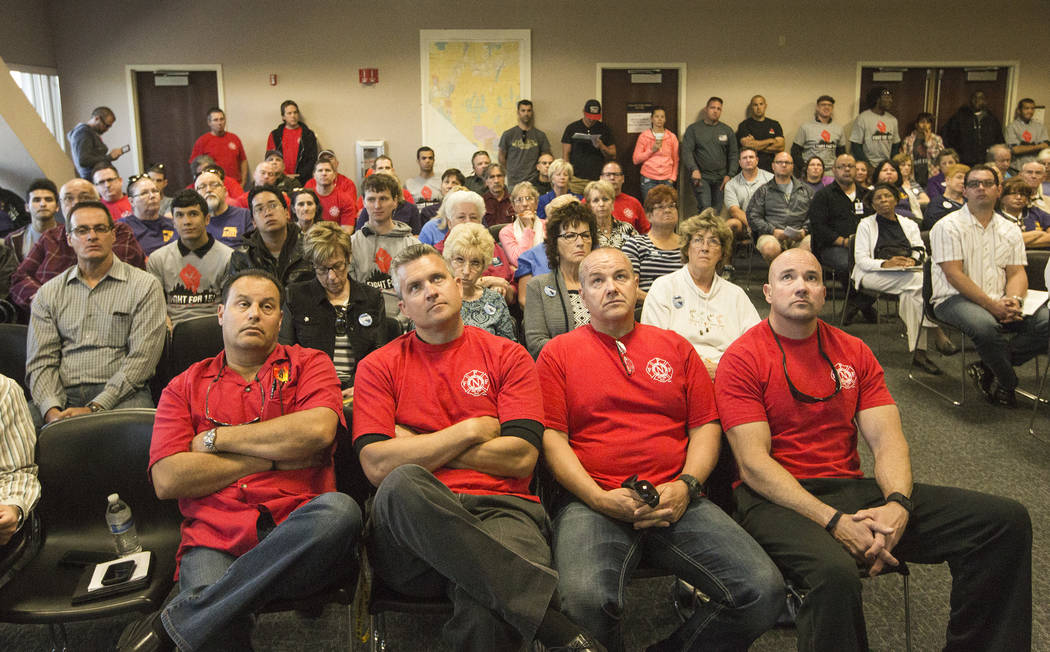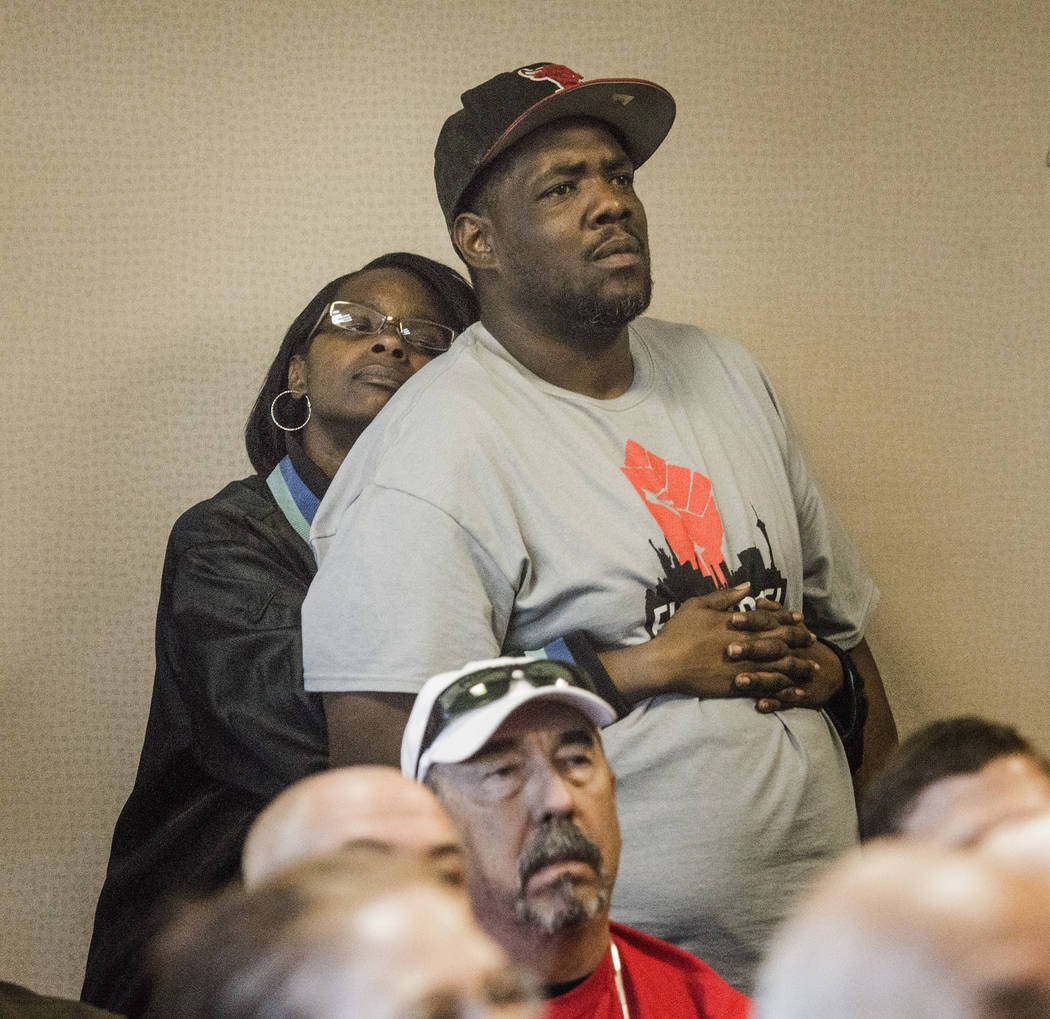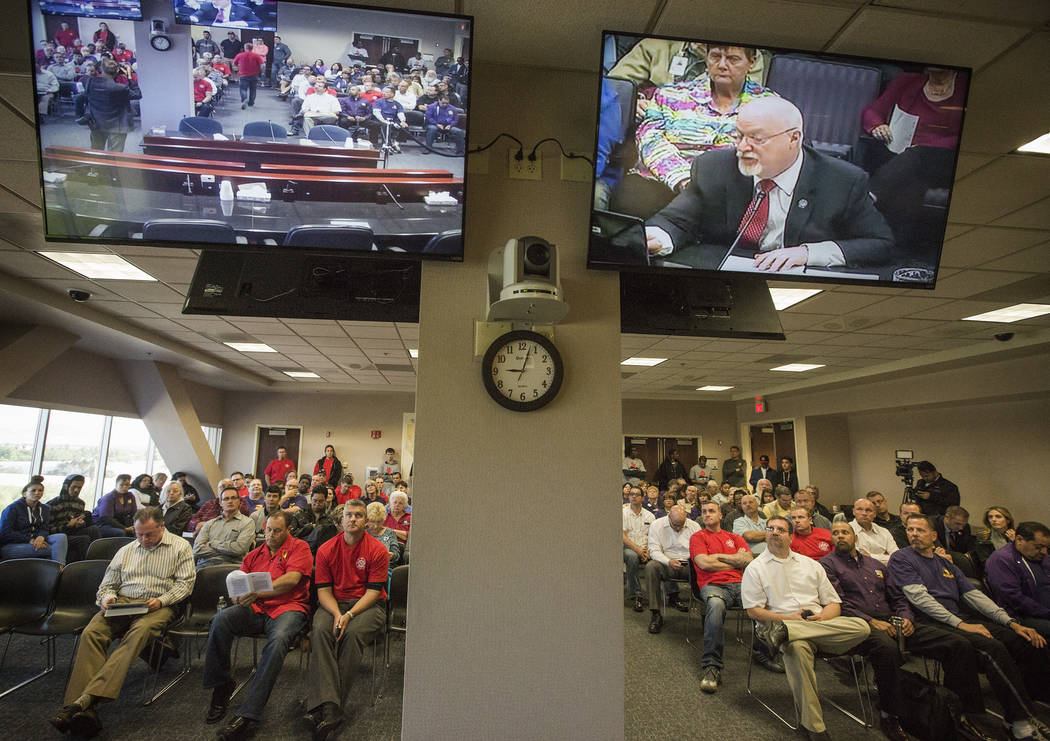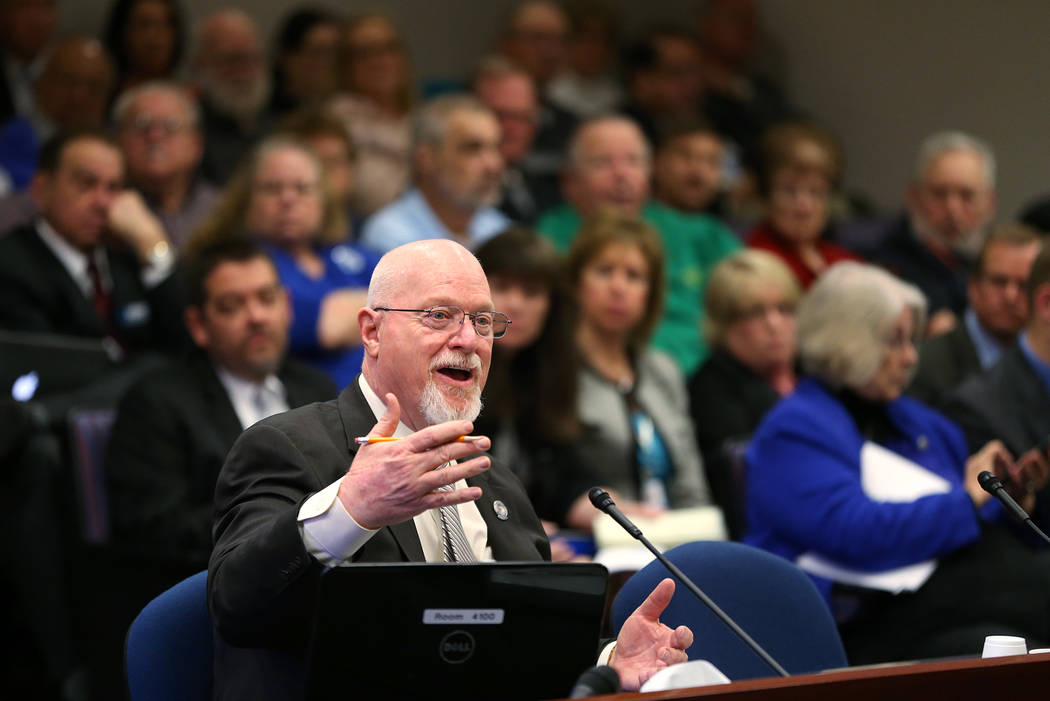Victor Joecks: Even the Federal Reserve finds problems with PERS
The Federal Reserve recently examined Nevada’s pension system. The results are sobering.
It found that Nevada’s Public Employees’ Retirement System had an unfunded liability of $43.3 billion in 2016. For context, Gov. Steve Sisolak’s proposed two-year general fund budget is $9 billion.
PERS’ funding ratio, which compares assets with liabilities, was only 45.5 percent in 2016. In 2008, PERS’ funding ratio bottomed out at 41.4 percent. That’s not good. It gets even worse.
From its low point in 2009 to 2016, the S&P 500 nearly tripled in value. PERS contribution rates went up during the same time. For regular employees, rates went from 20.5 percent to 28 percent, a 36 percent increase. Rates for police and fire employees jumped from 33.5 percent to 40.5 percent, a 22 percent increase.
A soaring stock market and higher contribution rates barely made a dent in PERS’ unfunded liability. What happens when the market has another correction?
Listen to PERS executive officer Tina Leiss, and you’re left with the impression it doesn’t matter.
“Every unfunded piece of liability we have today will be paid off” in 18 years, Leiss told the Assembly Government Affairs Committee recently. She did allow that lower-than-expected returns could lengthen the time frame. But she made it sound as if there’s an equally good chance that better-than-expected returns will shorten it.
Leiss can be so dismissive because most politicians aren’t familiar with pensions, They’re eager to trust the experts. What they should realize is that independent national experts contest how PERS calculates its unfunded liability. In 2016, PERS officials said the system’s unfunded liability was $12.56 billion and that it was 74.1 percent funded.
The Federal Reserve says PERS’ unfunded liability is three-and-a-half times that amount because it assumes lower investment returns. In recent years, Pensions &Investments reports that the private companies it tracks are using an assumed rate of return of around 4 percent. PERS assumes its yearly returns will average 7.5 percent.
Because the government guarantees pension payments, PERS should tie its expected rate of return to what it can earn on risk-free investments, such as government bonds. The current return on Treasury bonds is 4 percent. If it earns higher returns in the stock market, PERS should count those gains after — not before — they’ve been earned.
The details are technical, but the implications reach every government agency in Nevada. Next year, contribution rates for regular employees will increase to 29.25 percent. Contributions for police and fire shoot up to 42.5 percent. The employer and the employee will split the increase. Absent other pay hikes, every government employee will see a decrease in take-home pay. Employers will simultaneously have to increase their payments to PERS. It’s a lose-lose.
That money isn’t even benefiting current government worker. It’s being diverted to pay off pension debt accumulated after previous PERS assumptions didn’t pan out.
No less an authority than the Federal Reserve is sounding the alarm on Nevada pensions. The problem is daunting. But ignoring it will make it even worse.
Victor Joecks is a columnist for the Las Vegas Review-Journal.
























